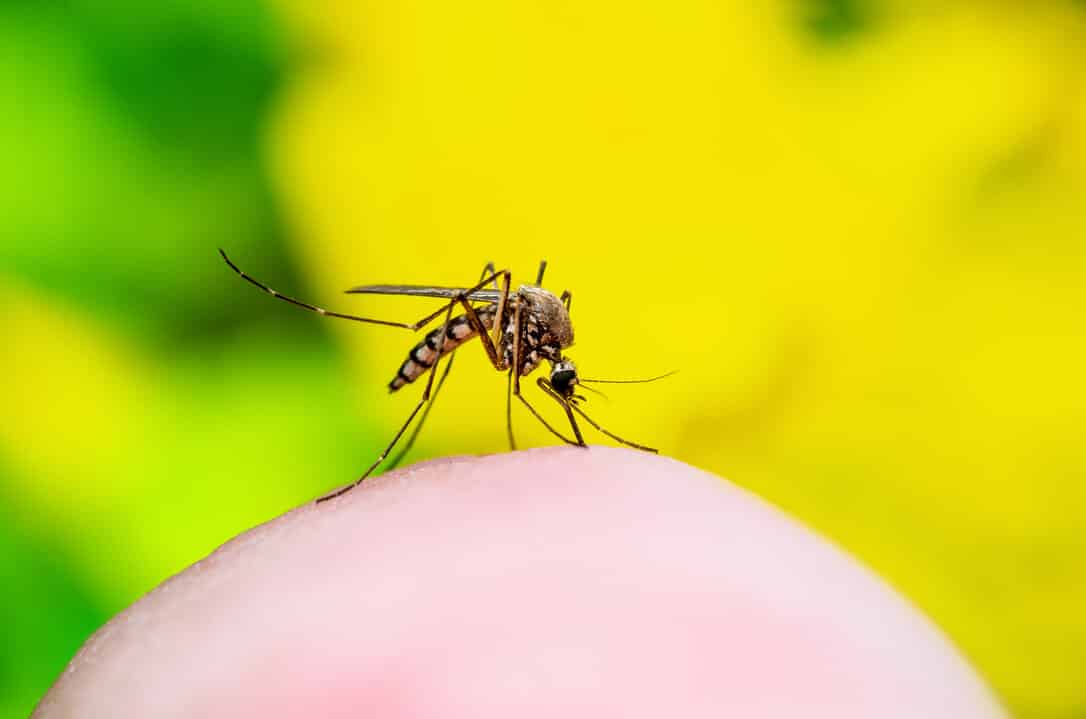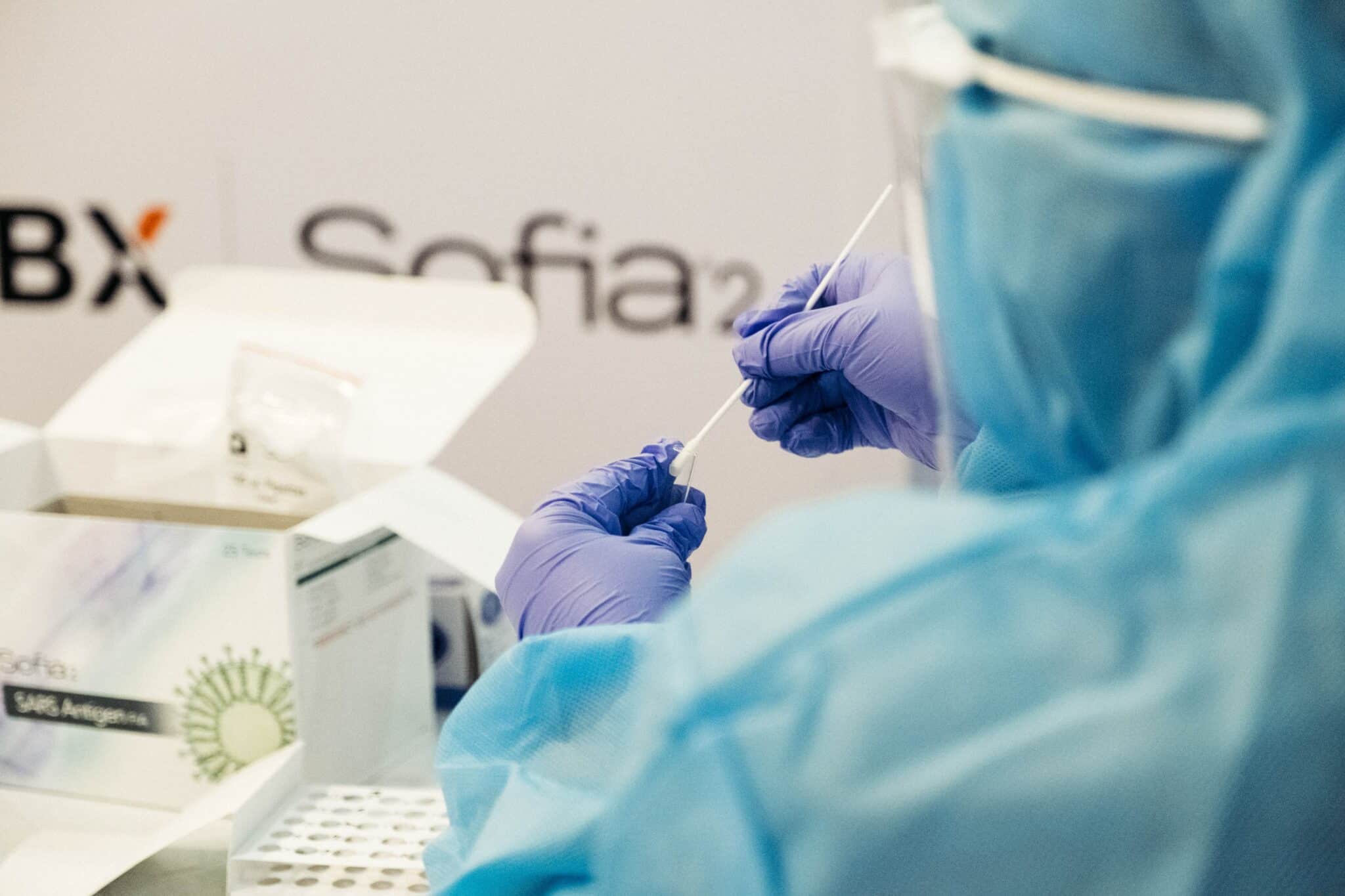Yellow Fever Card: When and How to Get It

Covid-19 isn’t the only disease you should be aware of when traveling around the globe. For instance, there is also yellow fever.
Yellow fever can be commonly found in some South American and African countries, and it’s spread through mosquito bites. Travelers are strongly encouraged to get vaccinated before visiting affected countries, even if it isn’t an entry requirement.
If you’ve been planning to travel to the affected regions, then this post is for you. Today, we’ll discuss:
- What is yellow fever
- How far in advance you should get your yellow fever vaccine
- What is the yellow fever card
- How to avoid mosquito bites
- Which countries are affected
Let’s get started!
What Is Yellow Fever?
The yellow fever virus is transmitted by mosquito bites and symptoms usually take about 3-6 days to develop. If you contract the virus, you’re likely to experience:
- Fever
- Headache
- Chills
- Back pain
- Nausea
- Vomiting
- Muscle aches
- Fatigue
About 15% of those who fall ill with yellow fever develop a severe infection. In such cases, it can also cause organ failure, yellow skin, shock, and bleeding. Severe infections can be fatal.
For most people, initial symptoms usually improve within one week. Nevertheless, a feeling of tiredness and weakness may persist for several months.
You can protect yourself from yellow fever by preventing mosquito bites and getting vaccinated. Yellow fever is diagnosed via lab testing, by checking your symptoms, and by analyzing your travel history.
Which Countries Are Affected?
There is a risk of yellow fever among inbound travelers to some parts of South America and Central Africa.
Yellow fever is present in:
- Colombia
- Brazil
- Venezuela
- Peru
- Paraguay
- Angola
- Cameroon
- The Central African Republic
- Republic of the Congo
- Côte d’Ivoire
- The Democratic Republic of the Congo
- Ethiopia
- Guinea
- Kenya
- Mauritania
- Niger
- Nigeria
- Senegal
- Sierra Leone
- South Sudan
- Sudan
- Togo
- Uganda
You can find a complete list of affected countries on the CDC’s website. Bear in mind that some of these nations may not require you to get vaccinated before traveling.
Vaccination mandates are intended to prevent visitors from transmitting the yellow fever virus. Still, the CDC recommends travelers get vaccinated to prevent illness while visiting the aforementioned countries, regardless of entry requirements.
How Far in Advance You Should Get Your Yellow Fever Vaccine
You should get vaccinated 10 days before your trip. Once vaccinated, you’ll receive an International Certificate of Vaccination or Prophylaxis (ICVP), also known as a “yellow card”. Make sure you have your yellow card handy when you travel.
To get vaccinated, visit any yellow fever vaccination (travel) clinic.
For most people, yellow fever immunity lasts a lifetime. Yet, in some cases, medical professionals recommend getting a booster 10 years after your first dose.
Furthermore, side effects of the yellow fever vaccine are rare, but they can be severe in some cases. Individuals over the age of 60 and those with weakened immune systems may be more likely to experience serious side effects.
If you are pregnant or nursing, you might have additional concerns. Talk to your doctor and check whether the yellow fever vaccine is right for you.
What Is the Yellow Fever Card?
Once you have been vaccinated, you should receive your yellow card (ICVP) as proof that you have been immunized against yellow fever.
South American and Central African nations may ask travelers to prove their vaccination status before entering the country. Others may only require a vaccination certificate if you’ve recently been in a risk area, or if you’re traveling through multiple countries.
However, regardless of travel requirements, remember that your yellow card is not valid until 10 days after you’ve been vaccinated. Hence, plan your vaccination appointment in advance.
How to Avoid Mosquito Bites
In addition to getting vaccinated, you should also prevent mosquito bites. To do so, you should use an insect repellent approved by the Environmental Protection Agency (EPA).
Choose an EPA-registered repellent with one of the following active ingredients:
- 2-undecanone
- DEET
- IR3535
- Oil of lemon eucalyptus (OLE)
- Para-menthane-diol (PMD)
- Picaridin (known as KBR 3023 and icaridin outside the US)
EPA-registered insect repellents are effective and safe, even when used during pregnancy or breastfeeding. If you’re also using sunscreen, you should apply the repellent after your sunscreen. You can find insect repellents with EPA’s search tool.
If you get a mosquito bite, don’t scratch it. You can apply hydrocortisone cream or calamine lotion to relieve itching.
Stay Safe While Traveling
Traveling around the world may require some extra steps beyond getting your passport and entry visas.
Of course, the health measures you should take will vary depending on your destination and country of origin. Additionally, always remember to get reliable travel health insurance in case any inconvenience occurs.
Are you planning your next trip abroad? Aside from keeping an eye on local illnesses, remember that Covid-19 isn’t over yet.
While global travel requirements have eased, it’s key to get tested during your trip, to keep the virus at bay. Find Covid-19 testing locations near you with our international directory.



